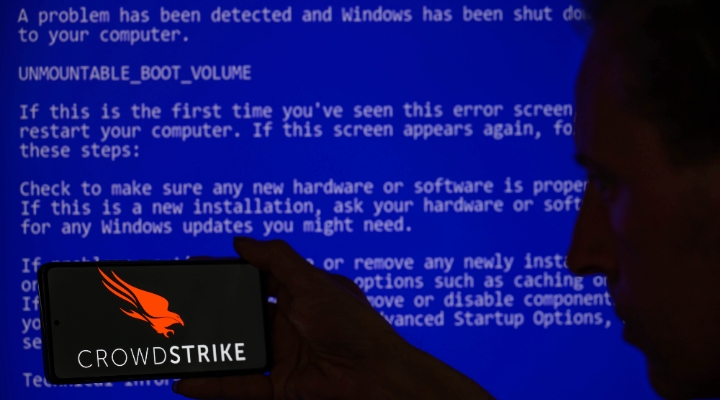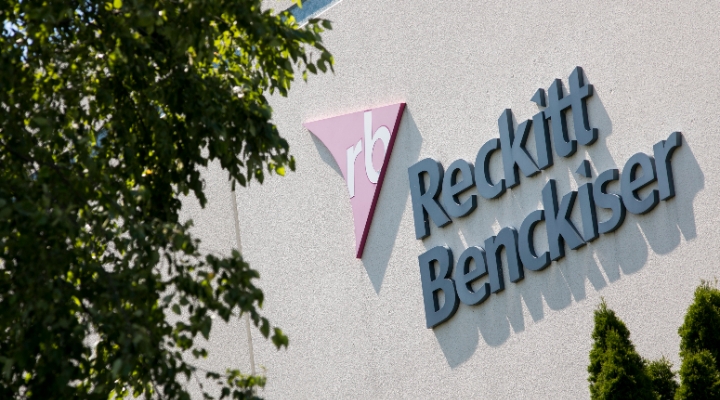
Now we’ve passed the half year mark for 2023, it’s a reasonable time to take stock of how funds and trusts have performed. We’ve already looked at the top and bottom funds for the first six months of 2023 (and the ones that fell from hero to zero). Now it’s time to look at investment trusts.
Similar trends can be observed for both funds and trusts, with Japan and US-focused trusts in the ascendancy and China lagging. The wider trends are obvious, with Japan, European and US trusts dominating the top five slots with open-ended funds, Asia-Pacific trusts were the bottom performers, with defensive, emerging market and property strategies joining them for company.
Some 36 trusts have a Morningstar Medalist Rating – and in performance terms they range from 13.16% for Neutral-rated abrdn Japan Investment Trust (AJIT) to -27.13% for JPMorgan China Growth & Income (JCGI), which has a Bronze Medalist Rating. Open-ended funds had a wider range of returns: the best performer here was up nearly 40% this year while the worst was down -20% in the period.
Given that the S&P 500 is up 16% so far this year, only 13 of our 36 trusts are in positive figures for the period, with the majority not making it into double figures.
This isn’t that surprising as investment trusts tend to focus less on matching or beating benchmarks. The FTSE AllShare is probably a fairer comparison given it’s a UK index, and this one is down nearly 1% so far this year; the FTSE 100 is off by a similar amount.
In fact, only six trusts have the FTSE AllShare as the benchmark, while others have broader-based global benchmarks like the FTSE World. We’ve included the trust benchmarks for the sake of comparison.
Scottish Mortgage Trust (SMT) fell around 46% in 2022 and is 7% lower this year in share price terms. The Baillie Gifford-managed trust has had a boardroom battle over the issue of exposure to unlisted companies. But one positive this year has been the trust’s long-held stake in hyped chipmaker Nvidia, whose shares have risen nearly 200% this year. Nvidia is the trust’s sixth biggest holding, and it first appeared in the portfolio in July 2016.
JP Morgan American (JAM) also has a strong track record and counts Nvidia as its seventh biggest holding, having initiated the position in December 2022. This Bronze-rated trust is 11% higher so far this year and is second place so far this year, placing in second behind abrdn Japan Investment Trust. We looked at funds and trusts exposed to the in-demand semiconductor stock in an article last month.
Gold-Rated Trusts
There are five Gold-rated trusts in this grouping: JP Morgan Japanese (JFJ), Personal Assets (PNL), JP Morgan Emerging Markets (JEM), Scottish Mortgage and Fidelity Special Values (FSV). They placed fourth, 20th, 24th, 25th and 26th in our cohort of 36 trusts.
Indeed, some of Morningstar’s highest rated trusts can be found in the bottom 20 performers in the year to date. These include UK equity income trust City of London (CTY), managed by Job Curtis since 1991, Alex Wright, manager of the Gold-rated Fidelity Special Values finds himself is in 26th position. This follows a stellar run in 2021, when the shares rose 23% as the value approach returned to favour.
Fidelity Special Values is the closed-end stablemate of Fidelity Special Situations, which also has a Gold Medalist Rating.
“Fidelity Special Values' experienced manager continues to impress with his insight and approach to portfolio construction […] Wright is a thoughtful investor whose knowledge of the portfolio and insights at company and industry levels continue to impress," says Morningstar analyst Teodor Dilov.
Another star manager, Nick Train, is in seventh slot in 2023 with Finsbury Growth & Income (FGT), which has a Silver Rating. Train has described his investment performance in recent years as underwhelming so this latest run of form will encourage his many backers.
What of the trust that finds itself propping up the bottom of our list?
"JPMorgan China Growth & Income benefits from a solid investment management team, a well-resourced and expanding supporting cast, and a proven investment process," says Morningstar analyst Chloe Qu. She praises the long experience and track record of managers Howard Wang and Rebecca Jiang and the stability of their team.
It’s hard for country-focused trusts to fight the tide when the market isn’t co-operating. After 2020’s rebound, China has been out of favour since. The country’s re-opening didn’t provide the expected catalyst for a rebound. And Beijing could still launch an invasion of Taiwan, immediately triggering a sanctions regime on Chinese companies. US-China relations are still tense without this obvious risk, and that’s been manifested in the technology sector, which has been the biggest driver of returns this year.
Tech is Back – But for How Long?
What do these performance figures tell us? Tech is "back" after a torrid 2022, given a second win by the AI hype, and it’s a been a "risk-on" year if you ignore March's banking wobble. So short-term performance figures are not a reliable yardstick; it’s been quite a narrow rally this year, if you also factor in Japan’s resurgence.
Can tech continue to rally for the rest of the year?
It’s hard to ignore the sector, as Nick Train in his most recent market commentary said:
"Doubtless Nasdaq will continue to offer a wild and unpredictable ride, but the lesson of its recent surge seems clear to me […]. Any portfolio manager who hopes to earn satisfactory returns as we move deeper into the third decade of the 21st century must find ways to offer his/her clients exposure to the secular growth and, often, exceptional profitability of companies that are winning with technology".
But persistently high inflation, certainly in the UK, has triggered fault lines in the real economy. The FTSE hasn’t wobbled yet but there’s a strong sense of peril attached to the housing market, where homeowners are facing sharp rises in mortgage rates. There are plenty of exposed sectors, including housebuilders, banks and retailers.
Markets are assuming that the central banks are near the top of their tightening cycles but policymakers are more cautious and bond yields are telling a different story. The second half of the year could be more eventful than the first.



























